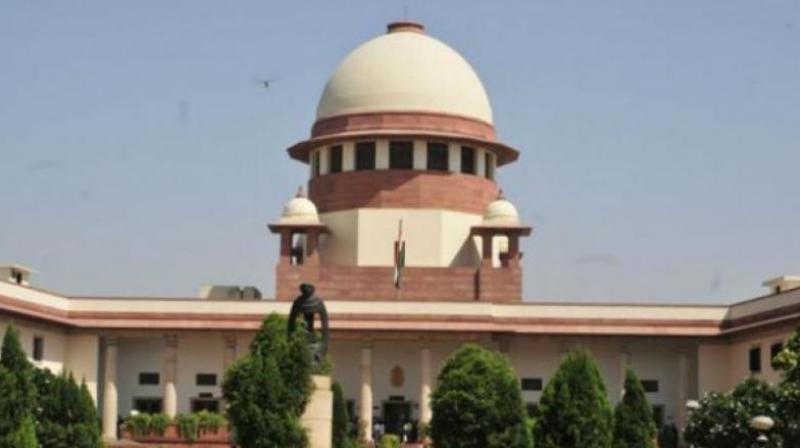Supreme Court invokes emergency principle'
The Supreme Court on Friday made it clear that the emergency principle' or the principle of necessity'.

New Delhi: The Supreme Court on Friday made it clear that the ‘emergency principle’ or the ‘principle of necessity’ has to be given effect to withdraw medical treatment only when it is not practicable to obtain the patient’s consent for treatment and his/her life is in danger.
The Constitution bench headed by Chief Justice Dipak Misra said where a patient has already made a valid advance directive which is free from reasonable doubt and specifying that he/she does not wish to be treated, then such directive has to be given effect to.
The court said right to life and liberty as envisaged under Article 21 of the Constitution is meaningless unless it encompasses within its sphere individual dignity. It has to be stated without any trace of doubt that the right to live with dignity also includes the smoothening of the process of dying in case of a terminally ill patient or a person in a permanent vegetative state with no hope of recovery.
The court said that a failure to legally recognise advance medical directives might amount to non-facilitation of the right to smoothen the dying process and the right to live with dignity. Further, a study of the position in other jurisdictions shows that advance directives have gained lawful recognition in several jurisdictions by way of legislation and in certain countries through judicial pronouncements. Though the sanctity of life has to be kept on a high pedestal yet in cases of terminally ill persons or PVS patients where there is no hope for revival, priority shall be given to the advance directive and the right of self-determination.

